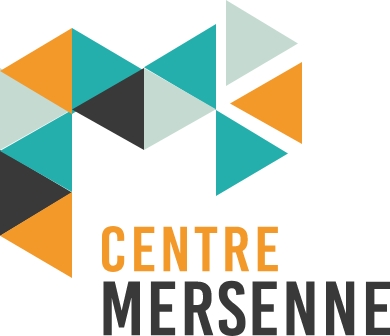COPE , Committee on Publication Ethics, supports and educates those involved in scientific publishing in ethical matters.
In 2017, COPE published a good practice guide on ethical issues. This COPE guide provides tools for dealing with a crisis situation. Thus, for each situation, COPE proposes an example of an appropriate response. For example, if the journal is suspected of irregularities during the peer review process, COPE provides a decision tree to address the crisis situation.

The tools
COPE presents different tools to best manage an ethical problem within a journal: decision charts, case studies, guidelines, standards, seminars… These tools allow journals to anticipate difficulties and to think about action plans.
Examples of tools proposed by COPE:
- guidelines: A short guide to ethicalediting for new editors, Retraction guidelines, How to handleauthorship disputes: a guide for new researchers, etc.
- case studies: Manuscriptsubmittedbased on retractedpaper, Reviewer’sidentityrevealed, Editor manipulation of impact factor, etc
- decision charts:Peer review manipulation suspectedduring the peerreview process, Reviewersuspected to have appropriated an author’sideas or data, etc. All decision charts have been translated into French.
- discussions, conferences, research articles
Ethical issues
Journals need to be prepared for crisis management in order to be able to respond promptly and appropriately. COPE recommends that publishing actors publicly and clearly document their practices in the following ten areas
- Allegations of misconduct
- Authorship and contributions
- Complaints against the journal
- Conflict of interest
- Data and replicability
- Ethics
- Intellectual property
- Management of the journal
- Peer review process
- Post-publication discussions and corrections


